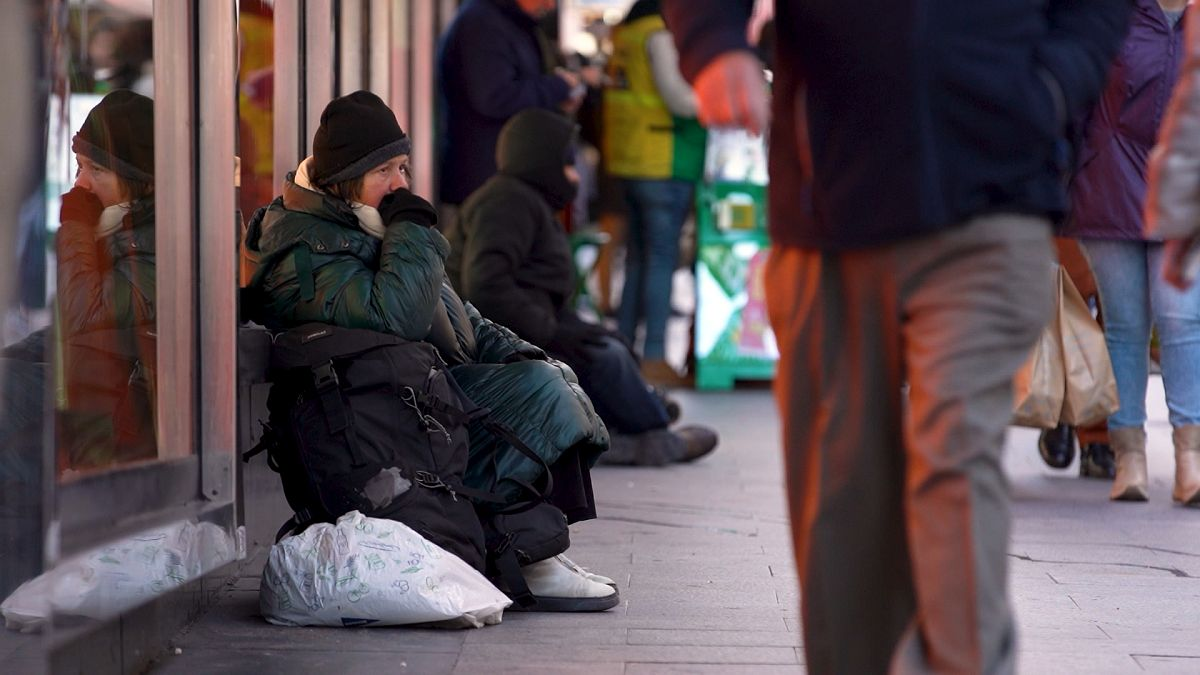First developed in the US, the initiative known as Housing First, is being adopted increasingly in Europe. Unlike traditional approaches, it doesn’t require individuals to meet certain criteria before receiving housing assistance. The idea is that homeless individuals have a higher chance of creating a brighter future for themselves if they first have a roof over their heads.
Carlos Martínez Carrasco lived rough for several years before a Housing First initiative provided him with a flat on the outskirts of Madrid.
He told Real Economy that the flat has changed his life in every way: “I no longer lack the things that you do when you’re on the street and I can cook. I don’t have to find a way to wash clothes… I can go out with the peace of mind that I have a place to come back to. I am very happy today.”



On one hand I agree with this idea, on the other hand, people who are chronically homeless-not just for a short period of time-typically have a reason. Addiction, mental illness, whatever have you.
On the second point, the building needs to be maintained. You can’t just let people destroy because it costs not only them, but anyone who comes after them trying to use the same resources.
I agree that housing the homeless is kind of the no brainer answer, but there is a very real, very damaging subset of homeless populations that will take extreme advantage of and ruin public services for everyone else.
I don’t have a good answer to that, but dumping public money into housing, giving it ti the homeless, then finding that it’s turned into a cesspool because of allowing any sort of behavior or treatment of the property isn’t gonna fly- definitely not with the public anyway
Yeah, and…?
It’s not worth the cost (in terms of social worker manpower etc.) to try to separate them out from the non-chronically homeless on the front end.
“Housing first” is not “housing only.” Getting them into housing makes them a lot easier to reach with addiction treatment or psychiatric help or whatever.
Regarding the rest of your comment, you seem to be under the impression that all these homeless people would be concentrated together in shitty housing projects, which isn’t really how it works anymore. In the 21st century, we’re talking about placing people into mixed-income housing, where all the neighbors paying market rate set a good example and the peer pressure is directed towards improvement instead of wallowing in poverty.
Yes it is. Homeless shelters, food banks, rehab clinics etc. all have minimums you have to meet to be there. Resources are limited and you can’t pour resources into someone who isn’t trying to utilize them to improve.
I agreed wholeheartedly with your second point.
Yeah I don’t think that’ll work out the way you’re thinking it will. Peer pressure only works if people care about their peers, and local residents won’t be super fond of free housing popping up next to the housing they paid for, affecting their property values.
That point makes my above remarks even more important.